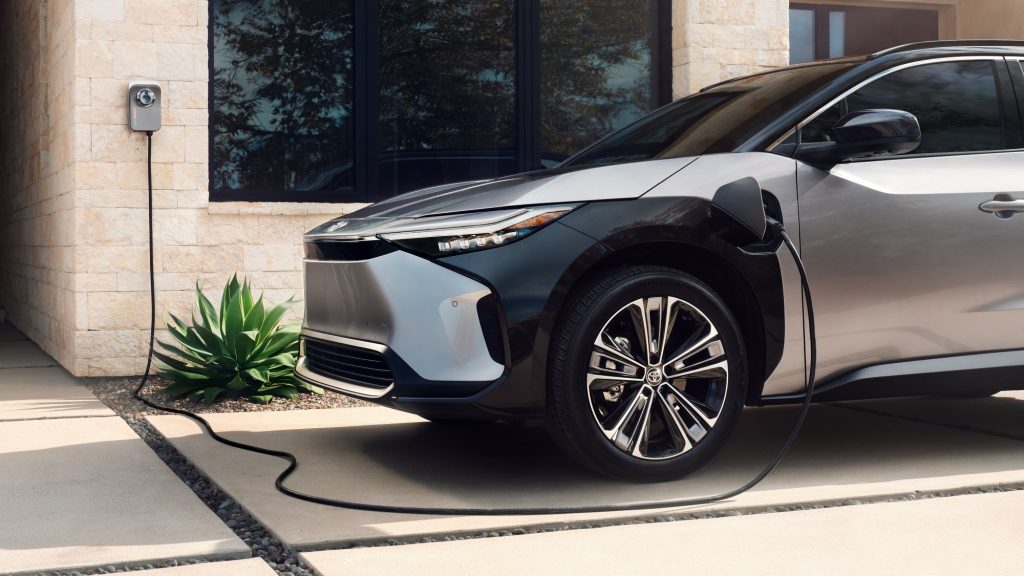
Hybrid technology has revolutionized the automotive industry, introducing a new era of energy efficiency and reduced environmental impact. In this blog, we delve into the profound impact hybrid technology has on fuel economy, exploring the innovative features and advantages that make hybrid vehicles a game-changer in the quest for greener transportation.
Understanding Hybrid Technology:
1. Hybrid Powertrain:
- Hybrid vehicles integrate both an internal combustion engine and an electric motor, working in tandem to optimize power delivery and fuel efficiency.
2. Regenerative Braking:
- Hybrid vehicles employ regenerative braking, a system that captures kinetic energy during deceleration and converts it into electric power, which is then stored in the battery for later use.
3. Intelligent Power Management:
- Hybrid systems intelligently manage power distribution, seamlessly transitioning between the electric motor and the gasoline engine based on driving conditions and energy demands.
Advantages of Hybrid Technology for Fuel Economy:
1. Enhanced Fuel Efficiency:
- The synergy between the electric motor and the gasoline engine results in significantly improved fuel efficiency. Hybrid vehicles consume less fuel, making them an economical choice for drivers.
2. Electric-Only Driving Modes:
- Many hybrid models offer electric-only driving modes, allowing drivers to rely solely on electric power for short trips. This feature reduces fuel consumption and emissions, particularly in urban settings.
3. Fuel Savings in Stop-and-Go Traffic:
- Hybrid vehicles excel in stop-and-go traffic scenarios, where the regenerative braking system comes into play. The ability to capture and utilize braking energy contributes to fuel savings in urban commuting.
4. Reduced CO2 Emissions:
- The efficient use of electric power and the overall optimization of the hybrid powertrain result in reduced carbon dioxide (CO2) emissions, contributing to a cleaner and more environmentally friendly driving experience.
Impact on Urban Driving:
1. Stop-and-Go Efficiency:
- Hybrid technology is particularly advantageous in urban environments, where stop-and-go traffic is common. The electric motor’s responsiveness and regenerative braking enhance efficiency in these conditions.
2. Electric-Only Modes for Short Trips:
- Electric-only driving modes cater to short trips typically encountered in urban settings, allowing drivers to navigate city streets without relying on the gasoline engine.
3. Home Charging Convenience:
- Hybrid vehicles can often be charged at home, providing urban dwellers with the convenience of home charging. This ensures the vehicle is ready for daily commutes with minimal reliance on the gasoline engine.
Long-Term Impact and Sustainability:
1. Cost Savings:
- The enhanced fuel efficiency of hybrid vehicles translates into tangible cost savings for drivers. Reduced fuel consumption contributes to long-term economic benefits.
2. Environmental Responsibility:
- Choosing a hybrid vehicle aligns with environmental responsibility, as the reduction in fuel consumption and emissions reflects a commitment to sustainable and eco-friendly driving practices.
Conclusion: Redefining Fuel Efficiency
Hybrid technology has undeniably redefined fuel economy in the automotive landscape. The seamless integration of electric and gasoline power sources, coupled with innovative features like regenerative braking and electric-only driving modes, positions hybrid vehicles as leaders in energy efficiency. As we embrace a future where sustainable transportation is paramount, the impact of hybrid technology on fuel economy emerges as a cornerstone in the journey toward a greener and more efficient automotive industry.





